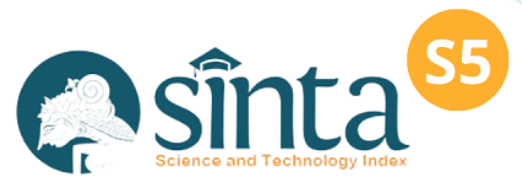Perbandingan Tingkat Akurasi Penyakit Diabetes Menggunakan Metode Regresi Logistik dan Random Forest
DOI:
https://doi.org/10.46880/tamika.Vol4No2.pp159-166Keywords:
Diabetes Prediction, Logistic Regression, Random Forest, Machine Learning, Diagnostic MethodsAbstract
This study analyzes and compares the performance of Logistic Regression and Random Forest methods in diabetes prediction. Diabetes is an increasingly common chronic condition. If left untreated, diabetes can cause major problems. Predicting and detecting diabetes early is very important. This study uses a dataset from Kaggle consisting of 9 demographic and clinical variables. The research method includes data collection and pre-processing, model selection, model training, and model evaluation. The results showed that the Random Forest model had 97.0% accuracy and 95.6% precision, which was higher than the Logistic Regression which had 95.9% accuracy and 86.4% precision. Although both models faced challenges in predicting positive classes, Random Forest performed better with a recall of 68.4% and F1-Score of 79.7%, compared to Logistic Regression which had a recall of 61.3% and F1-Score of 71.8%. This study advances our knowledge of how machine learning techniques can be applied to diabetes prediction and helps in the creation of more accurate and productive diagnostic tools for use in clinical settings.
Downloads
Published
Issue
Section
License
Copyright (c) 2024 Khoirul Adi Saputro, Ega Muhammad Atsir, Herliyani Hasanah

This work is licensed under a Creative Commons Attribution-NonCommercial 4.0 International License.









